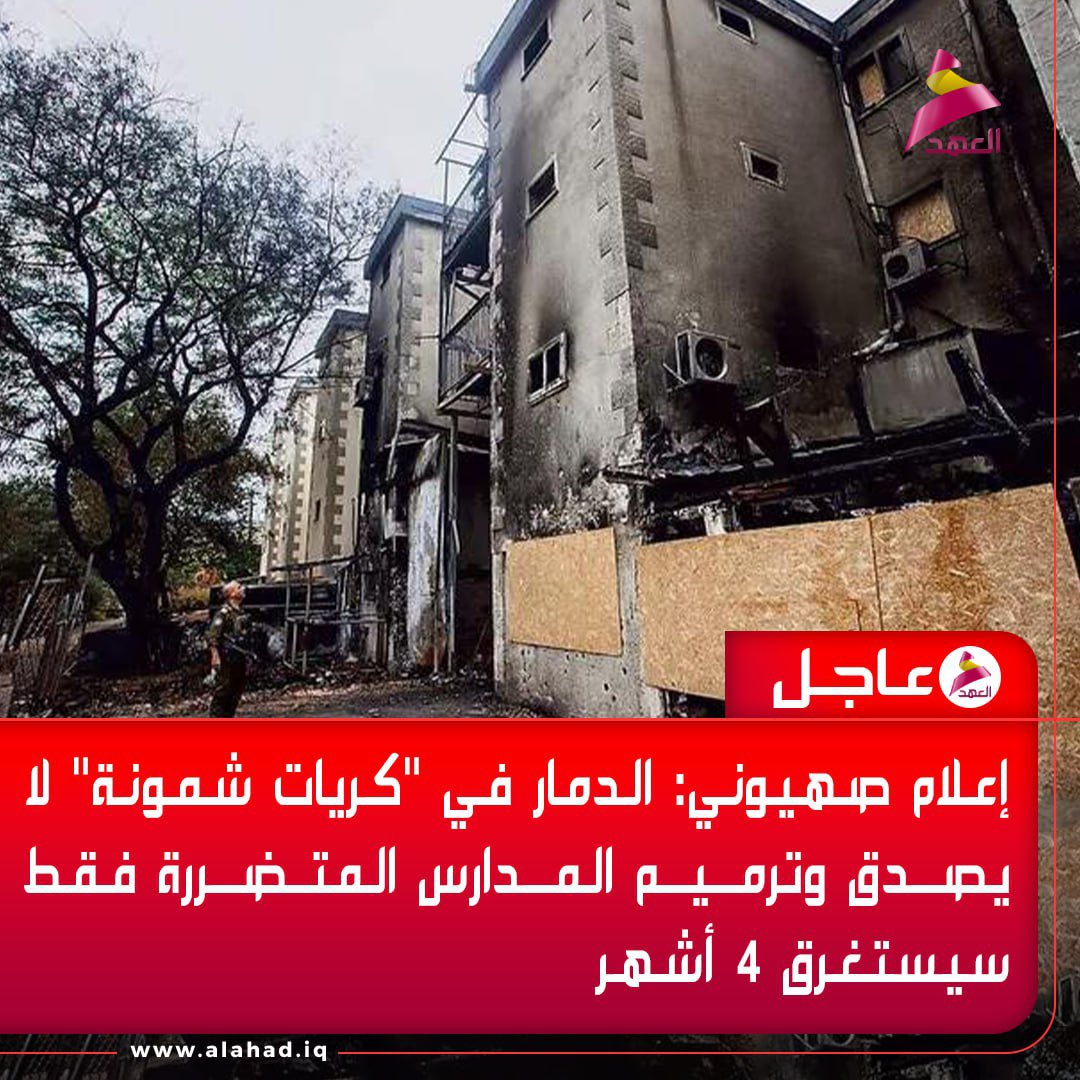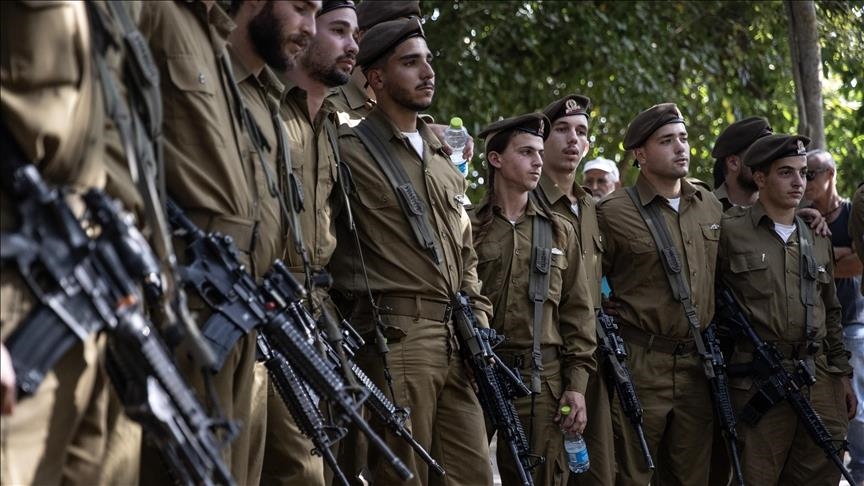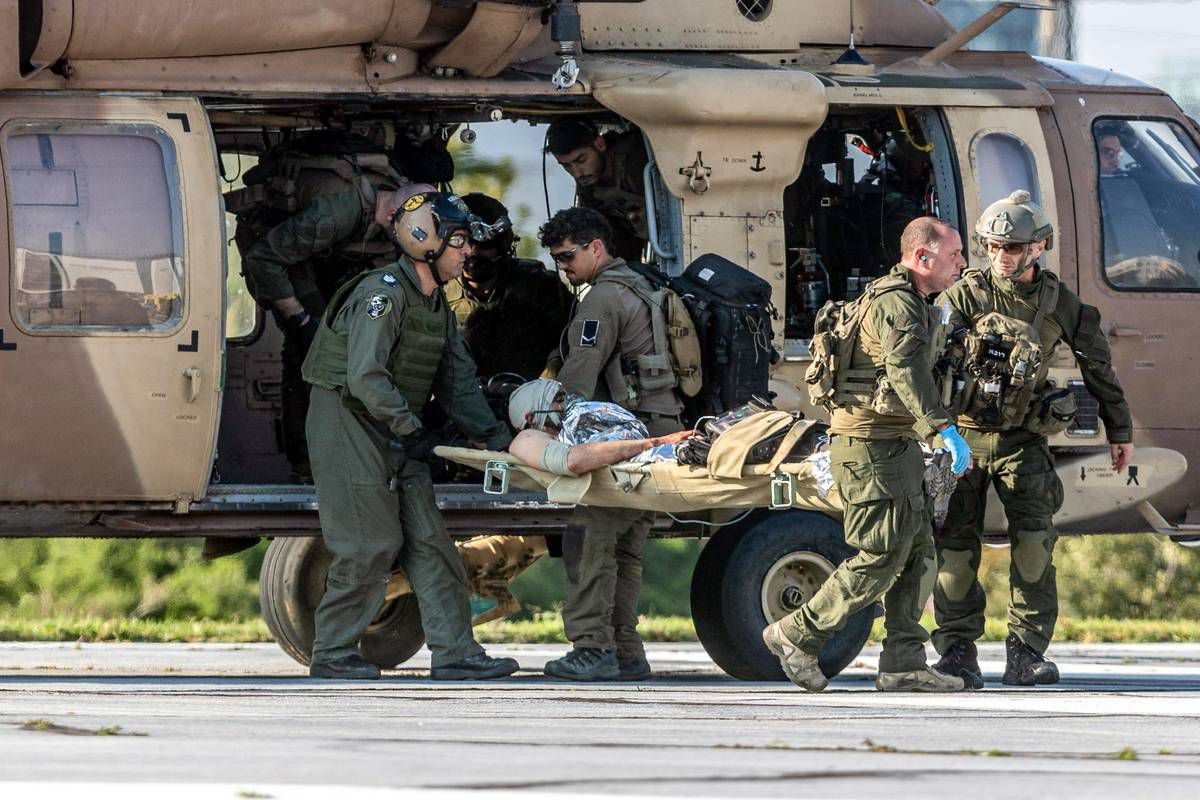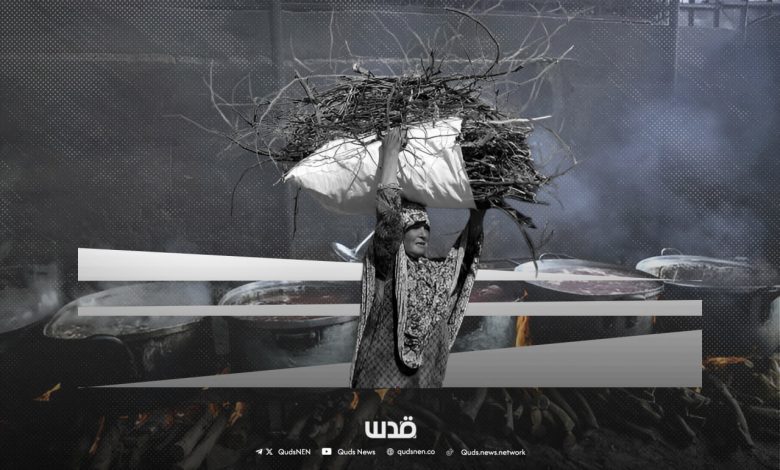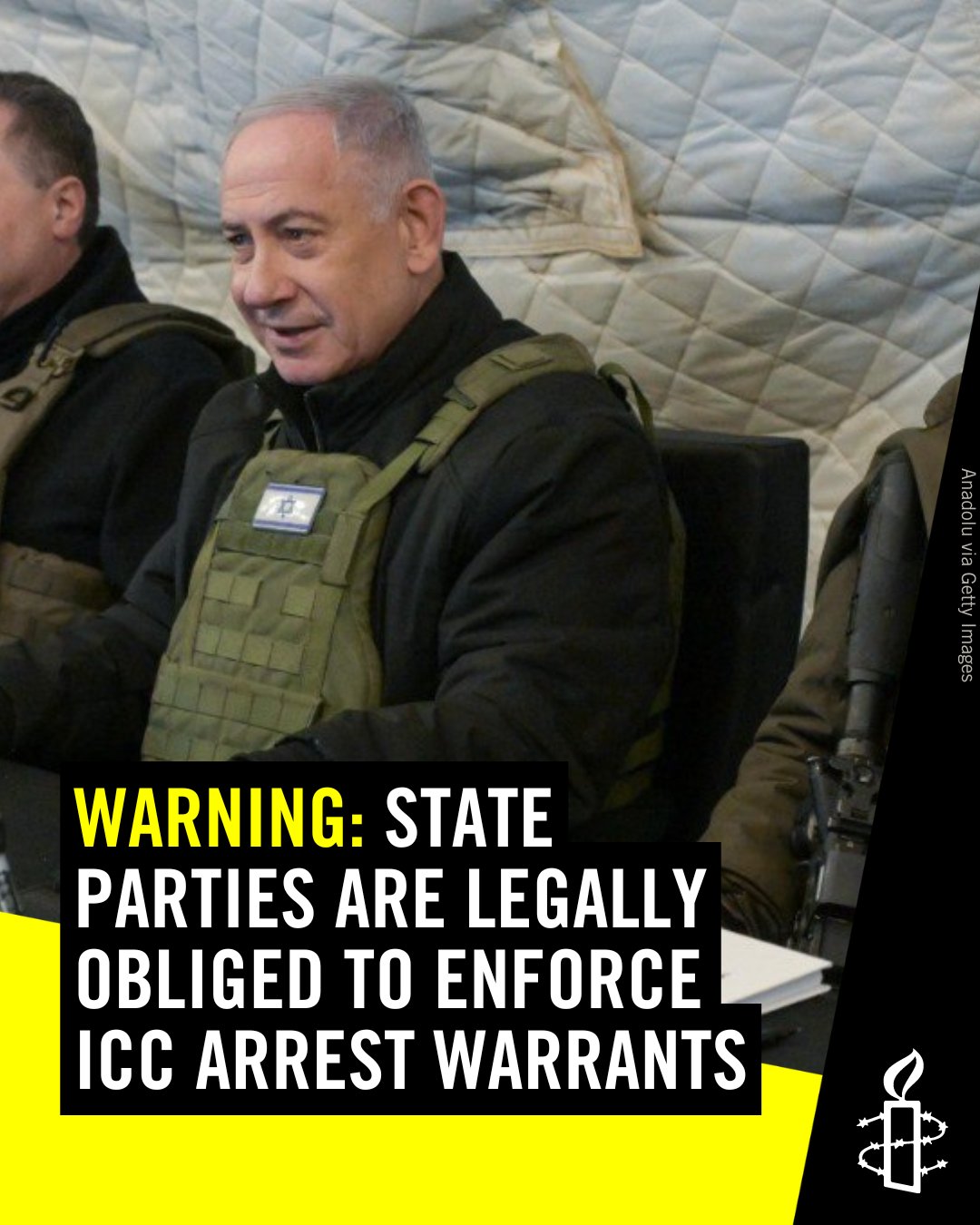Jabalia Steadfast in Face of Israeli Bombs
With the intensification of the Israeli bombing of northern Gaza and with a siege of more than 80 days now, especially of Jabalia, its camp and Beit Lahia, the resistance is using all available tools to counter the Israeli aggression despite turning north Gaza into an eyesore of destruction and not a place for survival.
The resistance continues to show unparalleled bravery standing up Israeli soldiers who can be seen carrying their dead and wounded on a daily basis.
The Jabalia camp, one of the largest refugee camps in the Gaza Strip, reflects, with its history and reality, a miniature image of the Palestinian-Israeli conflict.
Analysts point out the operations launched from Jabalia reflect the roots of the Palestinian struggle rooted in the camps since the Nakba in 1948.
“We are the ones who used to chase the Israeli patrol in our camp here (Jabalia) with the sticks”… This was one of the expressions used by martyr leader Nizar Rayyan inside the Jabalia camp. He was martyred in the first wars that the resistance fought with the Israeli occupation forces in 2008-2009, showing the bravery of the people of Jabalia and their legendary steadfastness in confronting the occupier.
“Just as we rubbed your noses in Ashdod, we will rub your noses in Jabalia,” Rayyan used to say.
While the 444 days of this rabid war on Gaza Strip should have been enough to end the resistance – according to Israeli and American thinking – the Al-Qassam and Al-Quds Brigades fighters in Jabalia say this is wishful thinking even if thousands of Mujahideens are killed, and the weapons run out as the recent stabbing operations show. These operations shouldn’t be interperated to mean as some suggest that weapons are running out for the enemy’s daily losses are not decreasing while the capabilities of the resistance are rising.
The Al-Qassam Brigades, Hamas military wing, announced Sunday, it targeted nine soldiers inside a house with a “TBG” shell west of Jabalia camp, confirming they have either been killed and/or wounded whilst stating it destroyed an Israeli troop carrier with a “commando” explosive device in the Al-Alami area in the center of Jabalia camp.
The brigades added that “a Zionist officer was sniped in Abu Al-Aish Street in the center of Jabalia camp, north of the Strip,” and said it targeted a second Israeli troop carrier with a “commando” explosive device west of Beit Lahia, north of the Strip.
As well last Friday, the Al-Qassam Brigades announced it carried out a complex operation in Jabalia camp; where one of its fighters advanced towards an Israeli sniper and his assistant, and stabbed them to death, adding the fighter wore the uniform of one of the dead, and an hour after the operation, he advanced towards an Israeli force of six individuals, and blew himself up with an explosive belt, killing and wounding its members.
Last Saturday, Al-Qassam Brigades announced on its Telegram channel its fighters carried out a complex operation, stabbing three Israeli soldiers to death, seizing their personal weapons, then storming a house where a foot force had taken cover, killing two of its soldiers at the house gate.
On Sunday, the Al Jihad Al-Quds Brigades stated that one of its heroic martyrs stormed a Zionist troop carrier and carried out a special operation by detonating a suicide bomb among the soldiers who were at the entrance to the Al-Awda Towers in Ezbet Beit Hanoun.
Military analyst Major-General Fayez Al-Duwairi says “zero distance” is a golden opportunity for resistance fighters in their confrontation with the occupation forces, given the big difference between the equipment of the Israeli army with its high capabilities, and the weapons made by al- mujahideen locally.
He added the more the intensity of the ground aggression and Israeli incursions into the Gaza Strip areas increases, the greater the resistance’s opportunity to engage directly with enemy forces.
Since the start of the Battle of Al-Aqsa Flood, the resistance fighters have shown the most prominent of their weapons to target the Israeli enemy, including Al-Yassin 105 shells, tandem shells, sniper weapons, Shawaaz bombs and machine guns according to the Palestine Information Center.
However, the use of the stabbing weapon and explosive belts which emerged in recent days to carry out martyrdom operations, indicates that the weapons used by the resistance are no longer as accessible as they were in the past, due to the tight siege imposed by the occupation, and the intensity of the operations carried out by the resistance fighters, which has led to the depletion of the battalions’ weapons stockpile.
The heroic operations carried out by the resistance fighters in northern Gaza over the past 80 days have resulted in the killing of more than 70 soldiers and officers in the occupation forces, in the Jabalia camp and camp alone, including the bombing of more than 100 military vehicles, 17 sniper operations, and 26 clashes with a foot force.
In a Yedioth Ahronoth interview with an Israeli officer he said the confrontation in northern Gaza these days is through the alleys, face to face with Palestinian fighters who do not fear death and refuse to be arrested.
Major-General Mohammed Al-Samadi believes that the significance of the stabbing operations and martyrdom operations in Jabalia confirms that the resistance is cohesive and strong, and adapts according to combat developments, and carries out hit-and-run operations, and carries out operations through small groups, including the lone wolf operations carried out by one of the mujahideen against the occupation forces, causing casualties and injuries in their ranks.
Al-Samadi added in an interview with Al Jazeera the resistance in northern Gaza has killed 17 soldiers through sniper operations, and that one fighter in the resistance factions can kill a group of individuals in the occupation forces, indicating that the occupation suffers from weak morale among its fighters, and also suffers from an intelligence failure in knowing the resistance’s tactics.

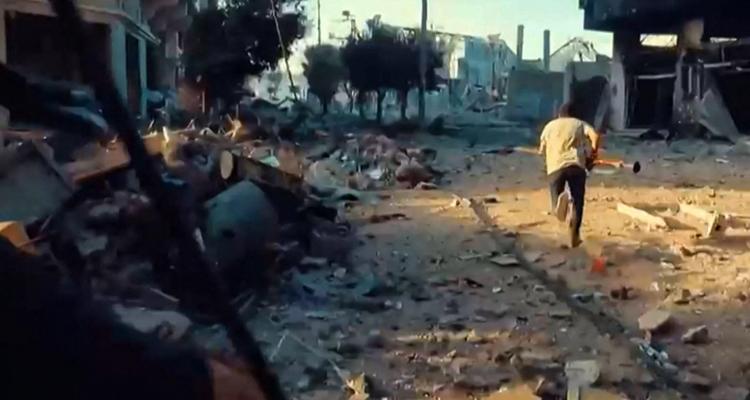
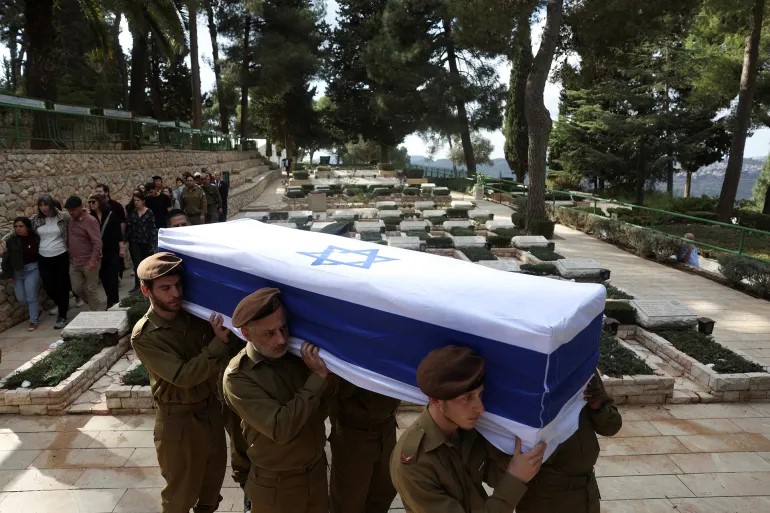
 (@broseph_stalin)
(@broseph_stalin) 